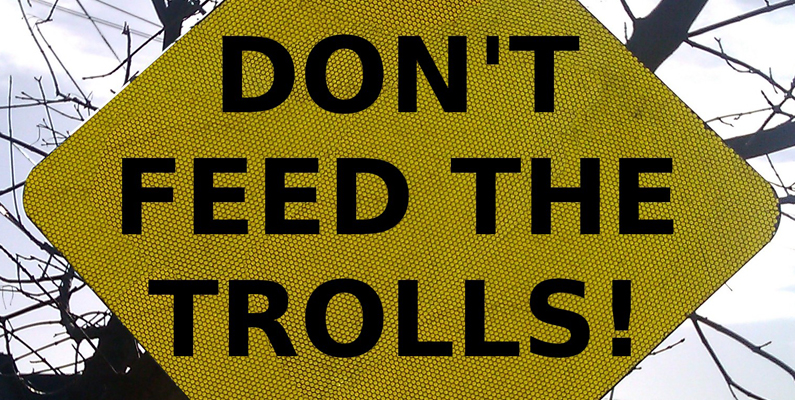Over the last ten years the US has seen a rising number of so-called patent trolls, companies that have the sole purpose of registering patents and subsequently suing unsuspected companies who often inadvertently infringe the patent through their own innovations.
A recent study by James Bessen and Michael Meurer suggested that trolls cost the US economy around $30 billion per year in legal costs.
It is something that may be seriously stifling creativity and innovation as startups look to create new technology but end up being litigated against by an organisation with no plans to actually utilise their patent.
Now, a new study by Catherine Tucker from MIT has suggested that investment into the startup sector would have been over $21 billion higher were it not for legal action from ‘frequent litigators’ (a term she uses to refer to companies that file more than 20 patent lawsuits a year).
The paper further suggests a total loss of US revenue of between eight and fourteen billion dollars.
“In the beginning, in general, patent litigation is good,” Tucker said in a recent interview, “It suggests a well-functioning patent system and has a positive effect. However, when you get to a certain point, that’s no longer the case. Then, the more patent litigation you have, the worse it is for venture capital investment.
“You hear these anecdotes, of VCs being a little nervous,” she said. “But I didn’t think it would necessarily be strong enough to have an empirical effect.”
Currently the US Senate is in discussion about updating and reforming patenting laws in an attempt to stop patent trolling, though very few suggestions of how this would work in practice have been made. The result is that talks look to have fallen to pieces before they have even started.
Tucker’s original paper can be found here.
For the latest IP law news, debates and discussions follow us on Twitter @renewalsdesk

